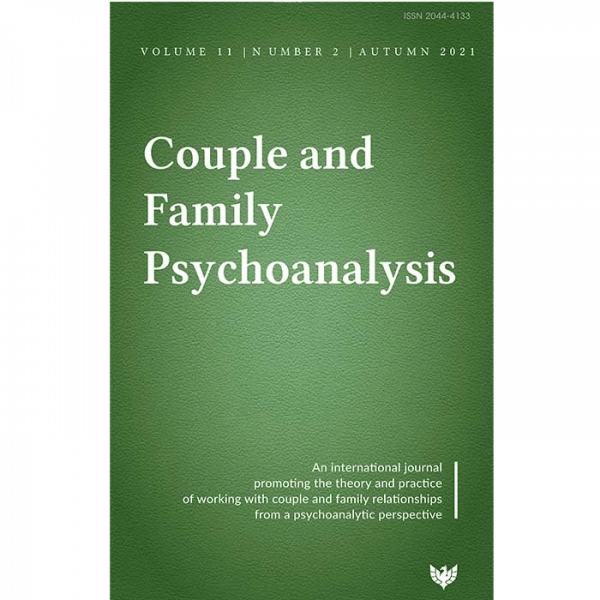Couple and Family Psychoanalysis is an international journal sponsored by Tavistock Institute of Medical Psychology, which aims to promote the theory and practice of working with couple and family relationships from a psychoanalytic perspective. It seeks to provide a forum for disseminating current ideas and research and for developing clinical practice. The annual subscription provides two issues a year and includes complimentary online access from Ingenta Connect to current and past issues.
Reasons to subscribe:
– An established journal, listed by PEP, that brings together the interests of all professionals who work with couples and families and draw on a psychoanalytic perspective;
– An international journal, bringing together contributions from around the world;
– An innovative journal that critically reviews and discusses developments in practice, research, and literature, as well as providing lively and topical books and arts reviews;
– A professional journal with authoritative articles from established and new authors. First-time authors are especially encouraged with advice on preparing papers for publication;
– A welcoming journal offering a forum for those seeking a closer connection with others in their field.




